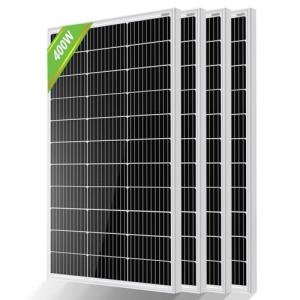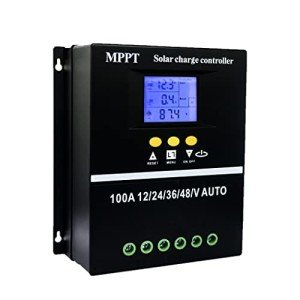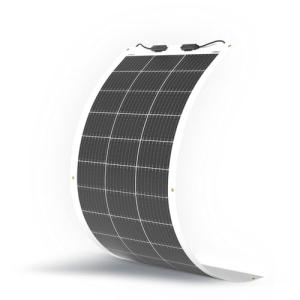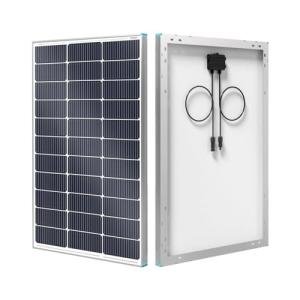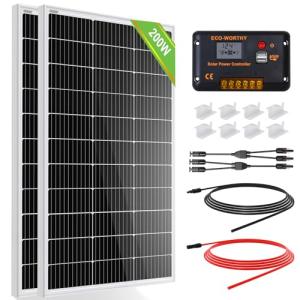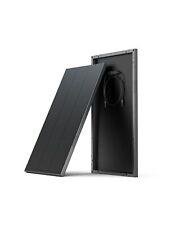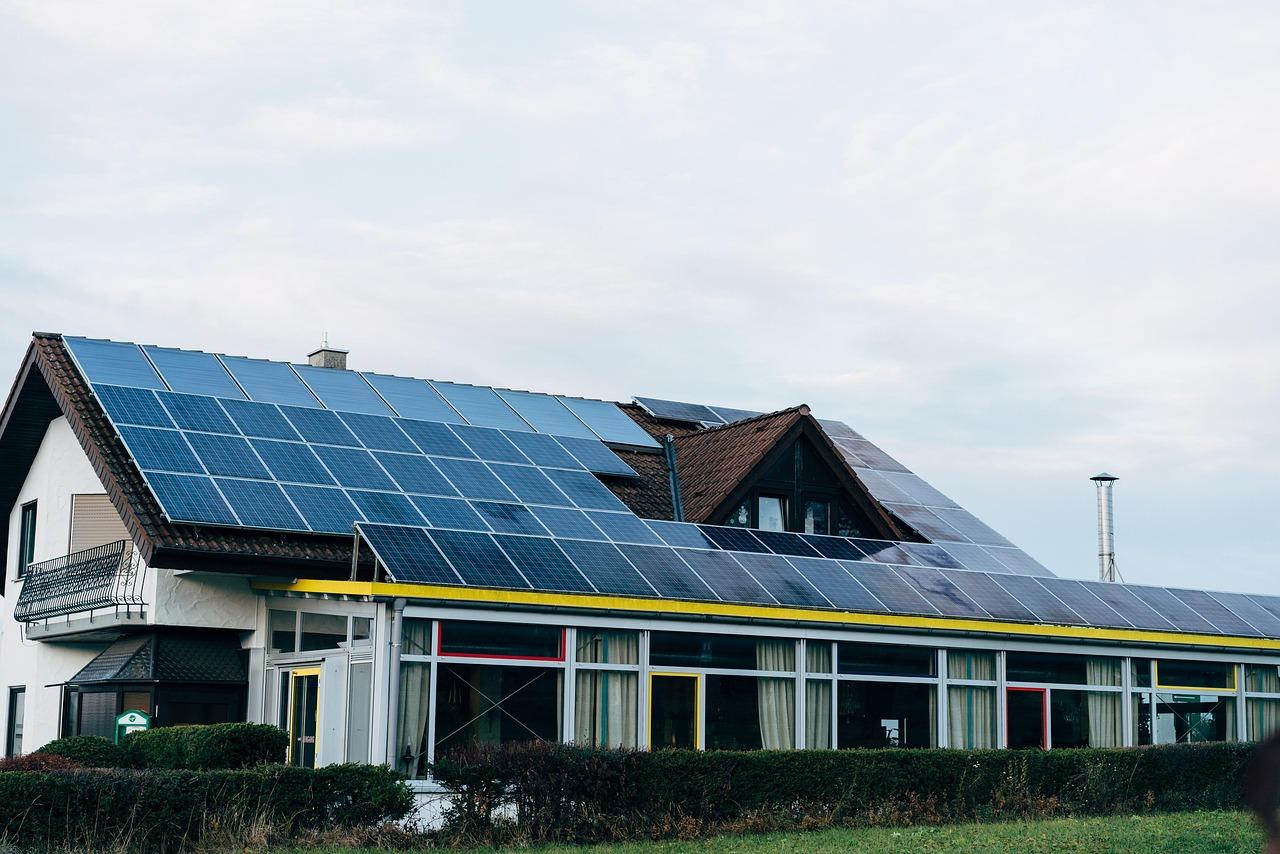When you're diving into solar panel cost, several factors come into play. First up, the type of solar panels you choose can make a big difference. There are various options like monocrystalline, polycrystalline, and thin-film panels. Monocrystalline panels tend to be more efficient and take up less space, but they can also be pricier. If you're tight on budget, polycrystalline panels might be a better fit since they usually offer a more affordable price tag.
Another key player in solar panel cost is the brand. Some companies have a reputation for quality, which often reflects in their pricing. It's a good idea to look for reputable brands that offer solid warranties and good customer service. You don't want to skimp on quality, especially since solar panels are a long-term investment.
Installation costs also impact the overall solar panel cost. Complex roof designs or difficult access can increase labor costs. A straightforward installation will keep your expenses down. Additionally, some areas have financial incentives or tax credits, which can significantly help lower your upfront costs. Always check local regulations and available programs before making a decision.
Lastly, market demand can affect prices. When solar energy becomes hot in your area, prices can rise. It's worth keeping an eye on trends. If you notice prices creeping up, it might be time to make your move before they go even higher.
Breaking Down Installation Expenses
When it comes to solar panel cost, installation might be the biggest chunk of change you'll face. But understanding what goes into those costs can take a lot of the mystery out of the equation. Let’s break it down so you're not hit with any surprises.
First off, labor costs can vary quite a bit. Depending on where you live, the experience level of the installers, and how complicated your setup is, you might pay anywhere from $1,000 to $3,000 or more just for the labor. It’s worth getting a few quotes to see who can give you a fair price.
Next, there's the equipment needed for the installation itself. This includes the solar panels, inverters, mounting systems, and wiring. Depending on the brand and type you choose, the equipment could cost between $10,000 and $30,000 before any incentives. Higher efficiency panels tend to cost more upfront but can save you money in the long run because they generate more energy.
Don’t forget about permits and inspections! Local jurisdictions often require permits for solar installations, and those fees can add up. They might range from a few hundred to a couple thousand dollars, depending on where you live. It's smart to check with your local government to see what you’ll need.
Lastly, consider any potential incentives or rebates that could cut down your total solar panel cost. Federal tax credits, state programs, or utility incentives can significantly lower your expenses, sometimes even up to 30%. So, keep an eye out for programs in your area that can help make solar a more affordable choice!
ECO-WORTHY 400W Monocrystalline Solar Panel Kit
Harness the power of the sun with our high-efficiency solar panel kit designed for maximum performance and sustainability
Product information
€185.79
Product Review Score
4.98 out of 5 stars
210 reviewsProduct links
Understanding Long Term Savings
When you think about solar panel cost, it’s easy to focus on the upfront investment. Sure, putting down money for solar panels can feel like a big deal. But let’s chat about the long-term savings that come with it. Trust me, they’re often worth every penny!
First off, cutting down on your energy bill is huge. Once you install solar panels, you start generating your own electricity. This means you pay less to your utility company. Depending on where you live and how much sun you get, your savings can add up fast. Some folks even report going completely off the grid!
Another benefit? Government incentives and rebates. Many places offer financial perks to homeowners who choose solar. These can help offset the initial solar panel cost, making them an even smarter investment. You might find tax credits or even state programs that pay you back for going green. Always check what’s available in your area!
Don’t forget about the increase in your home’s value. Homes with solar panels often sell for more than those without. Buyers love the idea of solar energy, and they’re willing to pay extra for a setup that saves money on energy bills. So, while you’re thinking about solar panel cost, remember it’s not just an expense; it’s an investment in your future too!
100A MPPT Solar Charge Controller with LCD Display
Enjoy smarter energy management with this powerful solar charge controller featuring an easy-to-read LCD display
Product information
€38.06
Product Review Score
4.77 out of 5 stars
201 reviewsProduct links
Finding Financial Incentives for Solar
Thinking about going solar? One of the first things on your mind might be the Solar Panel Cost. But before you jump into numbers, let’s talk about the financial incentives that can help lighten that load.
Many states offer rebates or tax credits to encourage solar energy. You could knock a hefty chunk off the price just by doing a little homework. Check with your local government or energy agency to find out what’s available in your area. It’s surprising how much money can be saved!
Don’t forget about federal tax credits! You can claim a percentage of the cost of your solar panel system on your federal taxes. This is a great way to offset the Solar Panel Cost and get some cash back when tax season rolls around.
Also, consider financing options. Many banks and credit unions offer special loan programs aimed at energy-efficient upgrades. Some solar companies even provide financing options that can make your monthly payments lower than your current energy bill. This way, you invest in solar without feeling the pinch all at once.
Last but not least, look into net metering. This nifty arrangement allows you to sell excess energy back to the grid, meaning you could actually earn money while your solar panels do their thing. So, not only will you save on bills, but you might even start raking in some cash!

